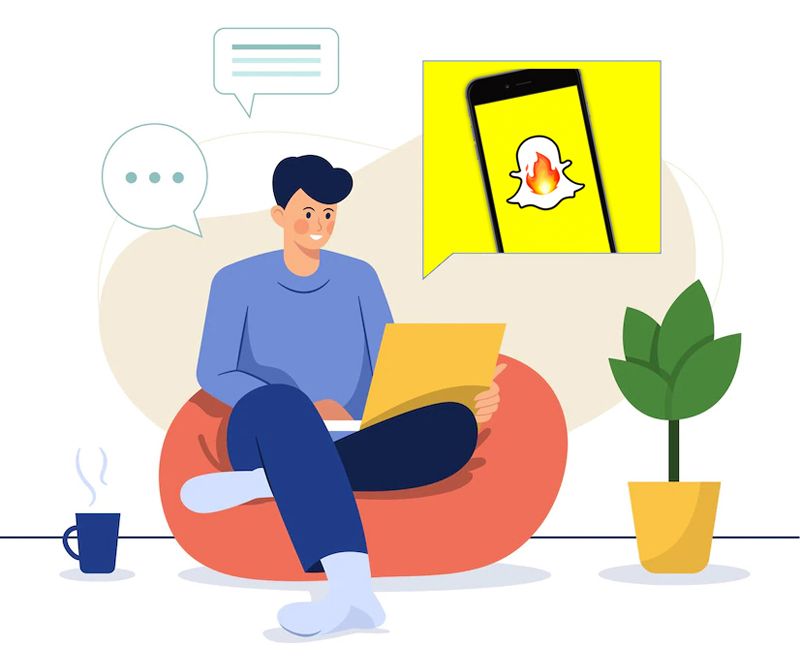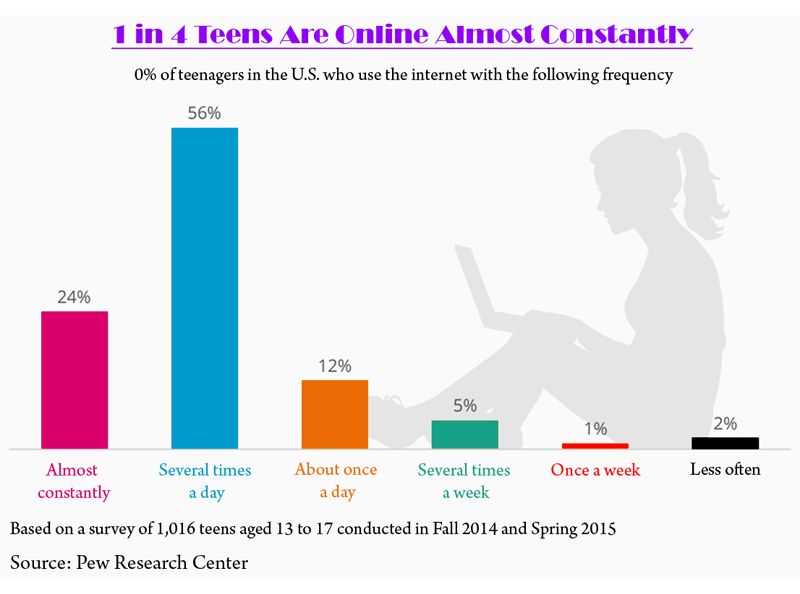Free things are never free. All free applications have a cost, your data and your privacy! Do your kids know that?
Let’s do a quick quiz before we begin:
- How many times have you read the Terms and conditions before signing up to a free app on an account on your device?
- How many times have you checked your security and privacy settings on your device?
- Do you know you can set up screen time or application control on your device for your teens?
If the answer to any of the above is never or don’t know, then, you never know how you are compromising your and your family’s data inadvertently!
Simply put, free things are never free. All free applications have a cost, your data and your privacy! Do your kids know that?
You may think you are working in IT, and you are tech savvy, but you may be leaving way more digital footprint that you know, and you may be leaving a lot more footprint of unsuspecting minors in your trail. If you are doing it, always wonder what footprint your teenager may be leaving on the snapchat streak? The internet is silently listening and learning.

Last week, I got a lot of advertisement about Disneyland Paris trip and offers on Facebook. I was wondering I never said a word about Disneyland in my conversations that Siri could tap into. Turns out, my daughter spoke about Disneyland based on a tik-tok video she had seen! This and more information on their patterns, their consumption, their likes, their dislikes, their face, their facial expressions, everything is being noted in detail. All of this can be easily used against them in the future.
We leave our pubescent kids to their devices, not knowing what they are consuming or what they are being fed! We expect that the parental controls or settings we have placed are safe enough. Think again.
Val Brown, Andrew’s (15) mum, says, ‘the best way would be have trust’, and Andrew agrees. They have mutually agreed that they will use no more than 90 mins of internet usage and the searches will be limited to tennis information, school work or extra curricular activities. He is not allowed to use phones overnight in his room.
Jakub, Hanna’s (15) father on the other hand has an application that monitors and controls time and usage on their android phones by using Google family link.
While iPhone and iPad gives a screen time control and usage management for the under 18s. It gives not only the ability to control app usage, but it also helps manage Downtime, Application usage limits, Communication limits and also manage content and privacy restrictions.
Android users can use a variety of applications including Norton, Qustodio, eyeZy, Kaspersky among many other free and paid applications.
One of the other biggest worry of parents is also knowing their children’s whereabouts. While location settings on the children’s phone may be prying on their whereabouts, applications like Snapchat, Instagram and Facebook can be notorious in tracking and monitoring location and broadcasting them. It is essential that parents do a complete sweep on the mobile to see any of the applications inadvertently tracking the location on the phone.
What is an issue can also be helpful in tracking the teen’s whereabouts, with applications like Google maps, find my friends and other installed applications like SecureTeen.
Tina, Athena’s (13) mother thinks, ‘Using the Find my app gives me reassurance when my daughter goes for school trips and friend’s outings on whereabouts, along with screen time, that the phone is not misused during sleep overs.’
There is a lot of information out there and it is not practical to keep the teens and children away from the internet or the pitfalls that lies in the use of them. It is important that emphasis is put on understanding the barebones of what the pros and cons are rather than stifling the teens of what could be a very important tool for their knowledge acquisition. There is no way back from the use of the information superhighway.

With so much information available, what do we focus on? Follow these three simple steps to take a first step towards taking control of your and your teenager’s device:
- Consider an internet filtering programme: For teenagers in particular parents may want to consider an internet filter that blocks access to pornography and chat services, i.e. Omegle, Mobicip, etc., and set a filter for sexually explicit content.
- Make it your job to know what your teenagers are doing on their devices and be upfront about it. Always set expectations with your children that their accounts are being monitored.
- Check all the social media settings with them and have an honest conversation on what they can or cannot share on social media. If they are not comfortable sharing with you, then they must in no circumstance to put it on social media.
It’s a scary web out there, however, all is not lost! If the right education is given at the right time, internet can be a very fulfilling space. Never know, you may be raising the future content wiz in your very home!
In case you missed:
- None Found









